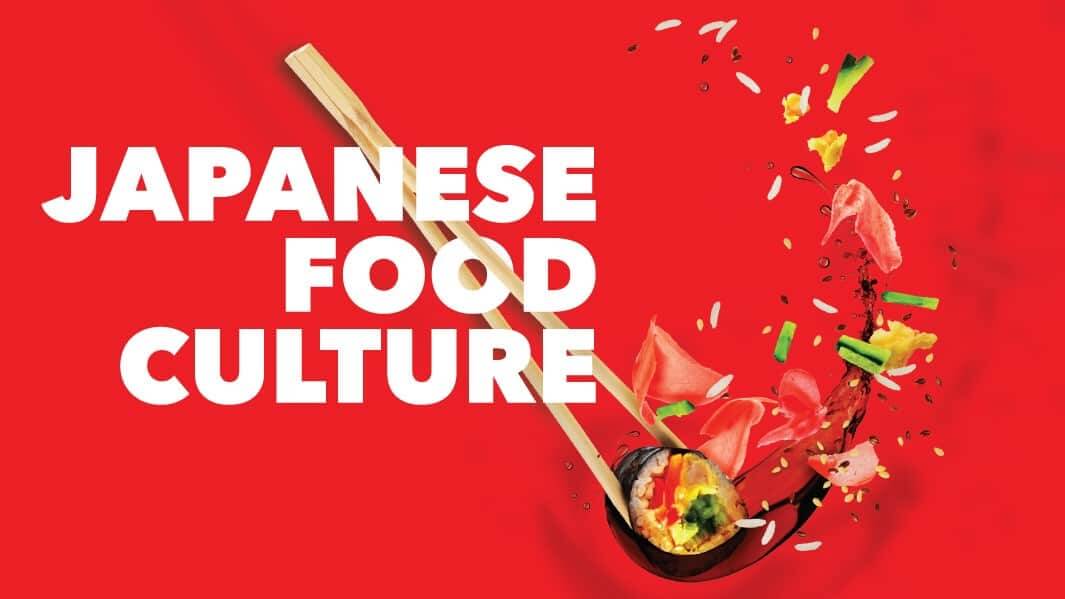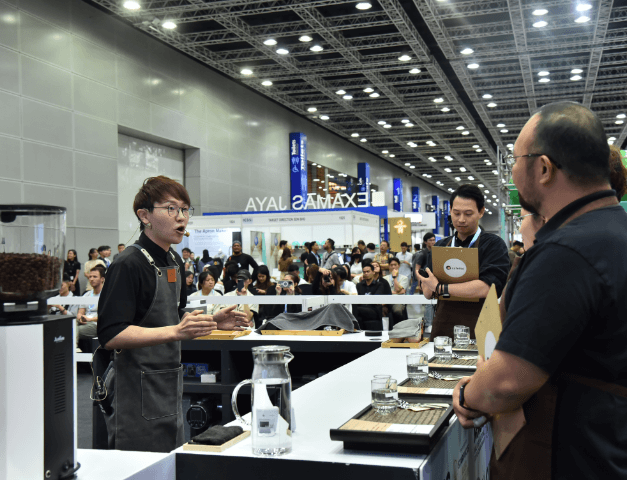In Japanese society, a meal goes beyond the food and eating it. It is known that Japanese doos were influenced by Asia countries due to geographical proximity. Traditional food is an important aspect of the culture and it is considered a world heritage. Thus, a traditional meal is not only aiming for the taste but also aiming to protect nature and transmit knowledge to future generations. The climate in Japan varies considerably, which allowed each city to develop its traditional dishes representing the area.
This has encouraged culinary tourism, where people travel throughout Japan to experience different flavours. Culinary tourism benefited Japanese culture and economy by supporting local villages and smaller communities.

The Roots of Japanese Food Culture
Food and its preparations, has always been important in Japan. Centuries ago, the Japanese have treated food with such unique approaches that traditions are born, passed down through generations.
These traditions have now become an art, preserved and maintained for the future. Some of these traditions form Washoku that is centred around using fresh ingredients grown in the earth of their bountiful homeland and combined together to present healthy & nutritious meals.
Shefty International ventured into Halal Food Business to serve our Muslims friends with authentic Japanese food culture. They aimed to spread their unique Japanese culture throughout the world via their food products. Come experience mouth-watering gourmet like Halal Japanese Wagyu Beef, Noodles etc with Shefty International in MIFB’s inarguable e-exhibition. Check Out More Products
Rich in Protein Resources
Protein is one of the main food groups that should constitute at least 35% of your daily food intake. Protein is not just for people who are into bodybuilding – it is one of the most important food groups to help your body to rebuild itself as it provides essential building blocks for cells.
Consuming protein increases levels of Glucagon hormones. It helps control body fat when it is released into the bloodstream when sugar levels go down. This causes the liver to break down stored glycogen into glucose for the body.
Popular Japanese fish served in most Japanese restaurants – the Saba is usually served grilled with soy sauce and radish. Similar to Salmon – it is also rich in protein. It contains high amounts of Omega-3 fatty acids, which help prevent cardiovascular disease and promote brain health. Plus it also contains vitamins and minerals as well as the antioxidant Coenzyme Q10 which helps in cell growth and maintenance.

Visit Uoken Co Ltd, producer and seller of dried foods, prepared foods, and processed foods in Senzaki, Yamaguchi Prefecture at our e-store now! Visit e-Store Now



